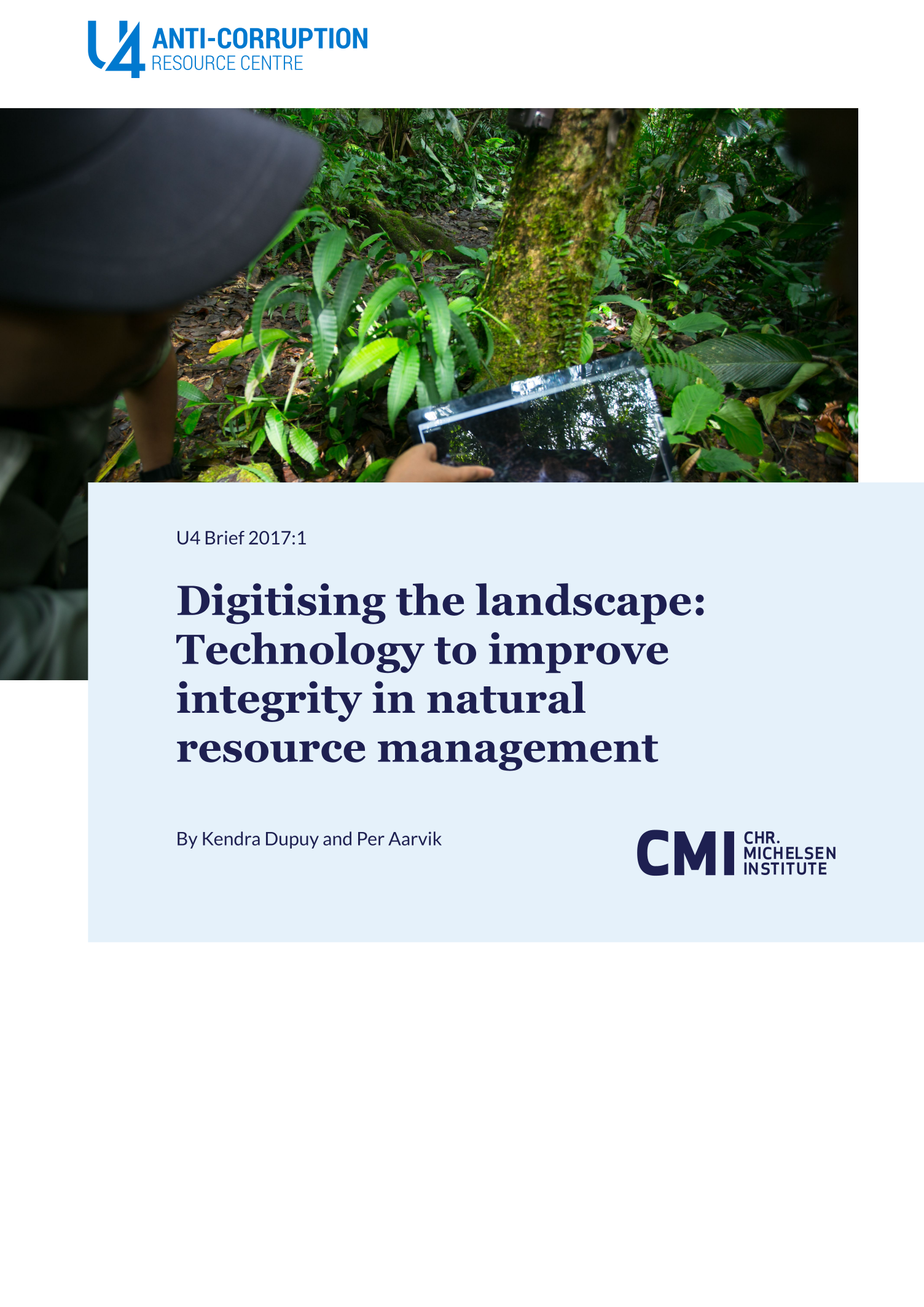Main points
- Technological tools have become an indispensible part of everyday life for citizens. The individuals who are negatively impacted by resource extraction can use technological tools to hold those in power to account
- We cannot ignore the potential for Facebook, Twitter, Google Maps or Instagram to benefit resource management. Their widespread use makes them a potential power for efficient campaigns.
- We have created a database of technological initiatives relevant for natural resource management. It has almost 400 examples of projects, organisations, and tools that apply technological innovations.
- Use of technologies are often successful when combined with existing social structures like farmers-organisations, youth groups or online communities.
- Donors can help connect the divide between development practitioners, technologists, and researchers by supporting the development and use of tools in programmes and evaluations.



